Home>Ideas and Tips>Rooftop Garden Design Tips for Urban Gardening Solutions


Ideas and Tips
Rooftop Garden Design Tips for Urban Gardening Solutions
Published: September 23, 2024
Transform your urban space with these rooftop garden design tips and solutions. Learn how to create a lush, sustainable oasis in the city.
(Many of the links in this article redirect to a specific reviewed product. Your purchase of these products through affiliate links helps to generate commission for Storables.com, at no extra cost. Learn more)
Creating a rooftop garden is an excellent way to transform your urban space into a lush oasis, providing numerous benefits such as improved air quality, enhanced aesthetics, and the opportunity to grow your own fresh produce. However, designing a rooftop garden requires careful consideration of several factors, including structural integrity, plant selection, and maintenance. In this article, we will delve into the essential design tips and solutions for creating a thriving rooftop garden.
Planning Your Rooftop Garden
Before you start designing your rooftop garden, it is crucial to consider several key factors. These include:
-
Structural Integrity: Ensure that your rooftop can support the weight of the garden. This involves assessing the structural integrity of your building and consulting with a professional engineer or architect if necessary. For example, if your house is built with steel I-beams, it can support a significant amount of weight, but it's still important to check the specifications of your roof deck.
-
Access to Water and Electricity: Determine if you have access to water and electricity on your rooftop. This will help you decide on the type of irrigation system you can install and any electrical components you might need for lighting or other features.
-
Local Building Codes and Regulations: Familiarize yourself with local building codes and regulations regarding rooftop gardens. These can vary significantly depending on your location, so it's essential to check with your local authorities before starting your project.
-
Purpose of the Garden: Think about how you want to use your rooftop garden. Will it be for entertaining, relaxing, or growing food? This will help you determine the layout and design of your garden.
Read more: What Is Urban Garden
Design and Layout
When designing your rooftop garden, consider the overall layout and flow of the space. Here are some tips to help you create a cohesive and inviting space:
-
Functional Areas: Divide your rooftop into functional areas such as seating areas, dining areas, and planting beds. This will help you create a space that is both practical and aesthetically pleasing.
-
Elements for Structure: Use elements like pergolas, trellises, and planters to add structure and define different areas of your rooftop garden. These elements can also provide support for climbing plants and add visual interest to your space.
-
Seating Arrangements: Incorporate seating arrangements such as couches, benches, chairs, and tables to create a comfortable environment for relaxation. Consider the size of your rooftop space when planning your seating arrangements. If you have limited space, opt for compact furniture that can be easily rearranged.
-
Lighting: Lighting can help create ambiance in your rooftop garden and make it feel more inviting in the evening. Use outdoor string lights or lanterns to add a soft glow. This can also help highlight specific areas of your garden, such as a seating area or a focal point like a water feature.
Plant Selection
Choosing the right plants is crucial for the success of your rooftop garden. Here are some tips for selecting plants that thrive in a rooftop environment:
-
Climate-Specific Plants: Select plants that are well-suited to your local climate. This will ensure that your plants don’t wither due to extreme temperatures or lack of sunlight.
-
Low-Maintenance Plants: Consider using low-maintenance plants like succulents, which come in a variety of shapes and colors and are perfect for confined spaces. Succulents require minimal watering and care, making them ideal for busy gardeners.
-
Herbs and Vegetables: Herbs like basil, rosemary, and thyme are easy to grow and can be used in cooking. Vegetables such as tomatoes, peppers, and eggplants are also great choices for a rooftop deck. These plants can provide you with fresh, organic produce right in your own backyard.
-
Native Plants: Native plants are a great choice for rooftop gardens because they are adapted to the local climate and require less maintenance. They also attract local wildlife, which can enhance the biodiversity of your garden.
Watering and Irrigation
Proper watering is essential for maintaining a healthy rooftop garden. Here are some tips for ensuring your plants receive adequate water:
-
Irrigation System: Consider installing an irrigation system to ensure your plants receive adequate water, especially during hot and dry periods. This can be a drip irrigation system or a sprinkler system, depending on your specific needs.
-
Self-Watering Containers: Use self-watering containers to help retain moisture in the soil. These containers have a built-in water reservoir that allows plants to draw water as needed, reducing the need for frequent watering.
-
Mulch: Mulch can help retain moisture in the soil and reduce evaporation. It also suppresses weeds, which can compete with your plants for water and nutrients.
Maintenance and Care
Regular maintenance is key to keeping your rooftop garden looking its best. Here are some essential maintenance tasks:
-
Watering: Regularly check the soil moisture levels and water your plants accordingly. Avoid overwatering, which can lead to root rot and other problems.
-
Pruning: Prune your plants regularly to promote healthy growth and prevent them from becoming leggy. Pruning also helps control the size of your plants and encourages bushy growth.
-
Fertilization: Fertilize your plants regularly using organic fertilizers like compost or manure tea. This will provide essential nutrients for healthy growth.
-
Pest Control: Regularly inspect your plants for pests like aphids, whiteflies, and spider mites. Use organic pest control methods like neem oil or insecticidal soap to control infestations.
-
Weeding: Remove weeds regularly to prevent them from competing with your plants for water and nutrients. Use mulch or landscape fabric to suppress weed growth.
-
Mulching: Mulch around your plants to retain moisture, suppress weeds, and regulate soil temperature.
-
Seasonal Maintenance: Perform seasonal maintenance tasks like cleaning up debris after winter storms or repotting plants in the spring.
-
Regular Inspection: Regularly inspect your rooftop garden for signs of damage or wear and tear. Address any issues promptly to prevent them from becoming major problems.
Read more: How Does A Rooftop Garden Function
Environmental Benefits
Rooftop gardens offer numerous environmental benefits, including:
-
Improved Air Quality: Plants absorb carbon dioxide and release oxygen, improving air quality in urban environments.
-
Reduced Stormwater Runoff: Rooftop gardens can help reduce stormwater runoff by absorbing rainwater and preventing it from entering the drainage system.
-
Heat Mitigation: Green roofs can help mitigate excessive heat in cities during the summer by providing insulation and cooling the surrounding air through evapotranspiration.
Rooftop Garden Ideas
Here are some unique rooftop garden ideas to inspire your project:
-
Kitchen Garden: Create a kitchen garden where you can grow vegetables, herbs, and spices. Use garden bags or raised beds to maximize space and ensure good drainage.
-
Medicinal Plants Garden: Plant medicinal plants that add to culinary purposes. Use garden grow bags to promote plant wellness and enhance the fragrance of your garden.
-
Rooftop Garden with Vines: Use vines like grapes, cucumbers, and passion fruits in your rooftop garden. Vines are well-suited for Indian rooftop gardens due to their dark shade and aesthetic appeal.
-
Native Flower Garden: Create a native flower garden that attracts local wildlife and enhances biodiversity. Choose flowers that are native to your region and require minimal maintenance.
Rooftop Farming Solutions
Rooftop farming is an intensive and cost-effective option for urban dwellers. Here are some solutions for rooftop farming:
-
Choose Essential Plants: Choose essential or desired plants for rooftop farming within a limited space. Consider the fast-growing varieties like tomatoes, cluster beans, chillies, and greens that can be harvested from the fifth week.
-
Regular Daily Watering: Regularly water your plants in the evening to avoid evaporation during the day. Use a drip irrigation system to ensure that the water reaches the roots of the plants.
-
Occasional Pesticide Spraying: Occasionally spray organic pesticide made from neem or turmeric powder mixed with ground neem leaves to safeguard from bugs and other insects.
-
Weeding and Pruning: Remove weeds and unwanted branches regularly to save space and encourage active growth for your rooftop farming. Use homemade growth stimulants from coconut milk and buttermilk for your rooftop terrace garden ideas.
Conclusion
Creating a rooftop garden is an exciting project that offers numerous benefits for both you and the environment. By following these design tips and solutions, you can transform your urban space into a lush oasis that provides fresh produce, improves air quality, and enhances aesthetics. Remember to plan carefully, choose the right plants, ensure proper watering and maintenance, and enjoy the many rewards of rooftop gardening. Whether you're a seasoned gardener or just starting out, with the right approach and dedication, you can create a thriving rooftop garden that brings joy and sustainability to your life.
Was this page helpful?
At Storables.com, we guarantee accurate and reliable information. Our content, validated by Expert Board Contributors, is crafted following stringent Editorial Policies. We're committed to providing you with well-researched, expert-backed insights for all your informational needs.

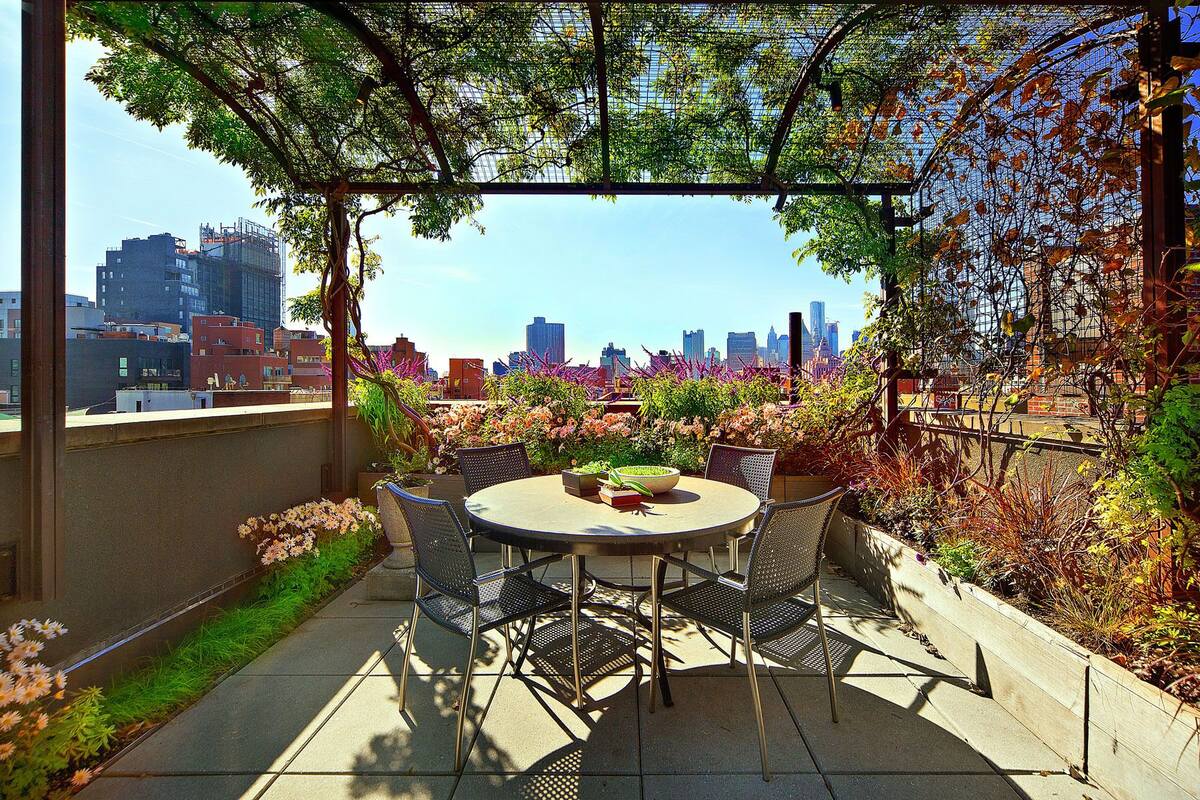
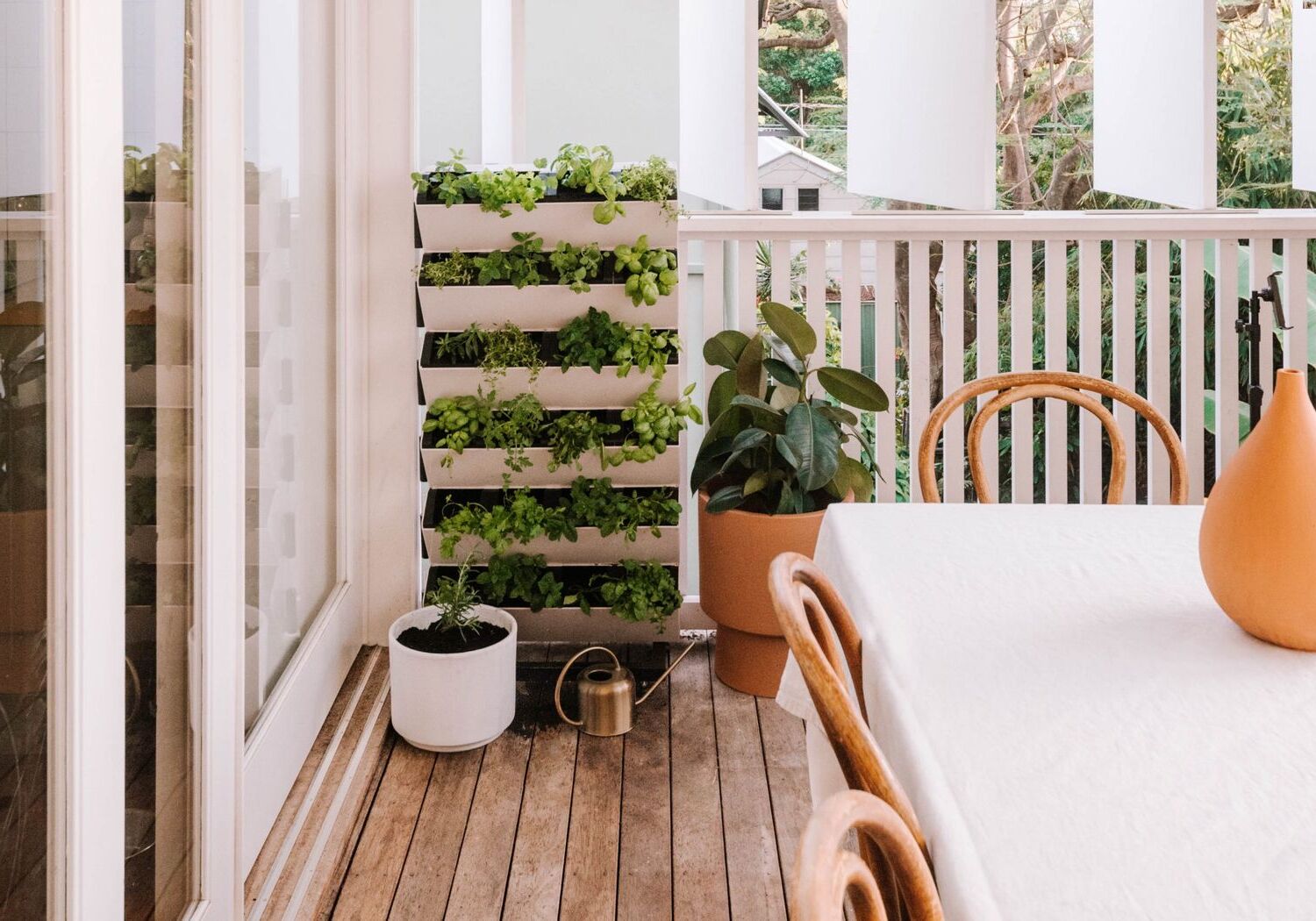
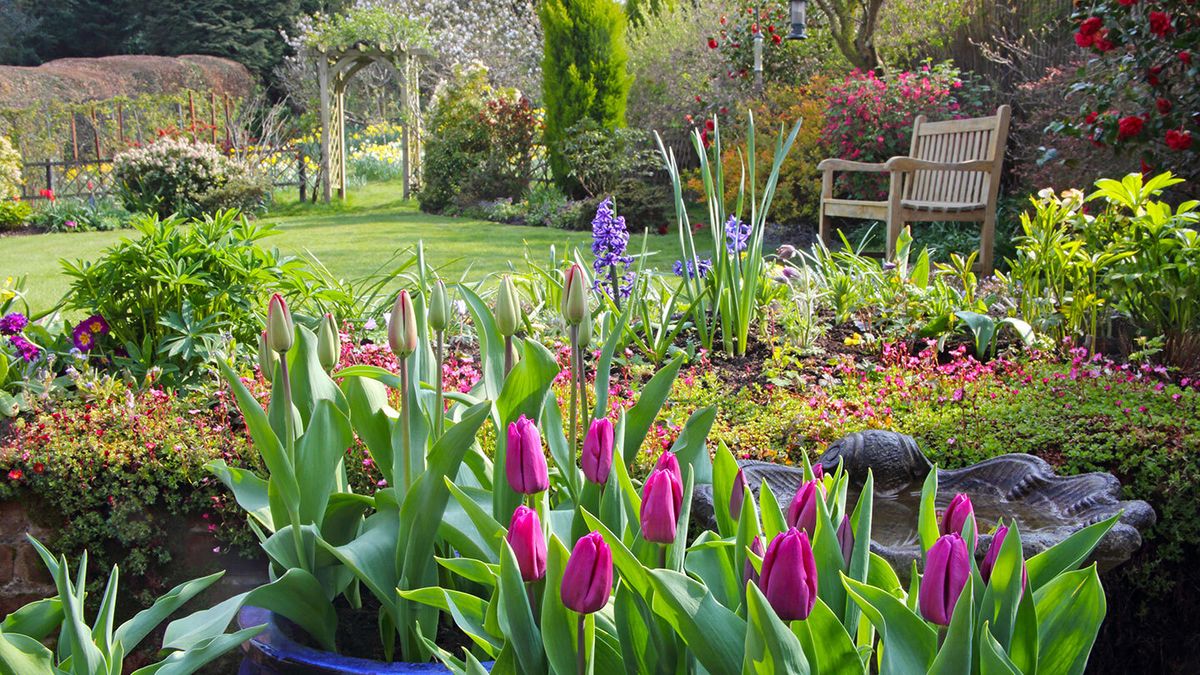
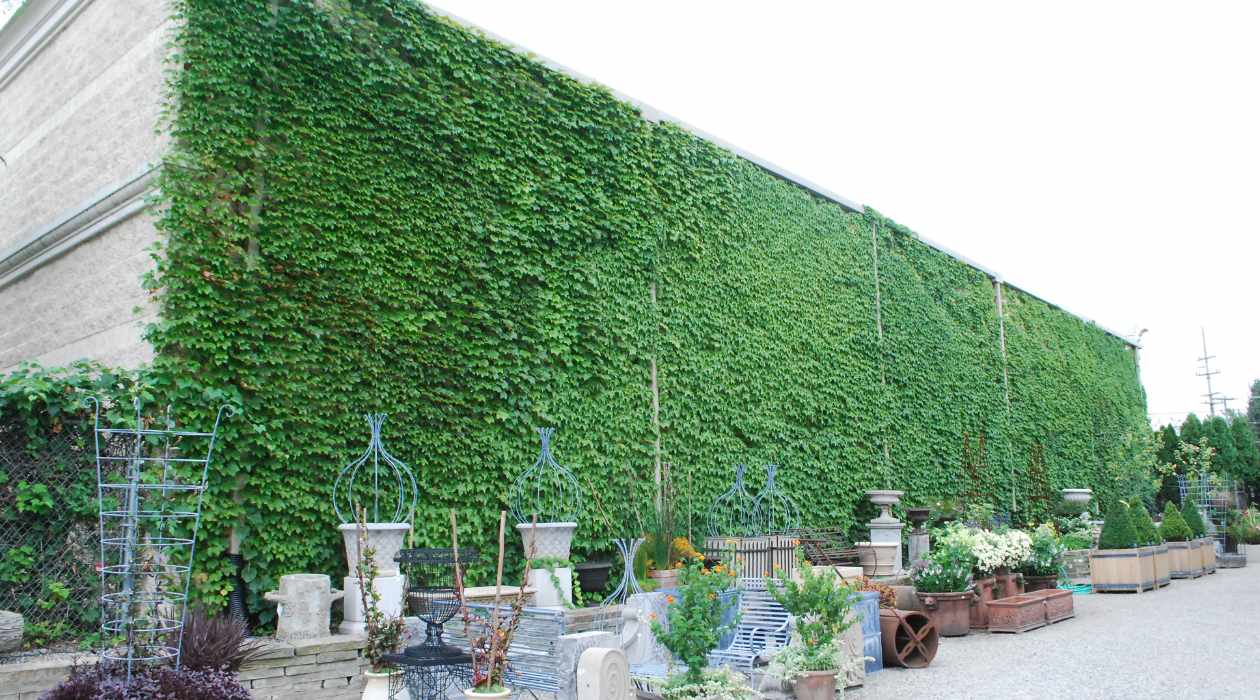

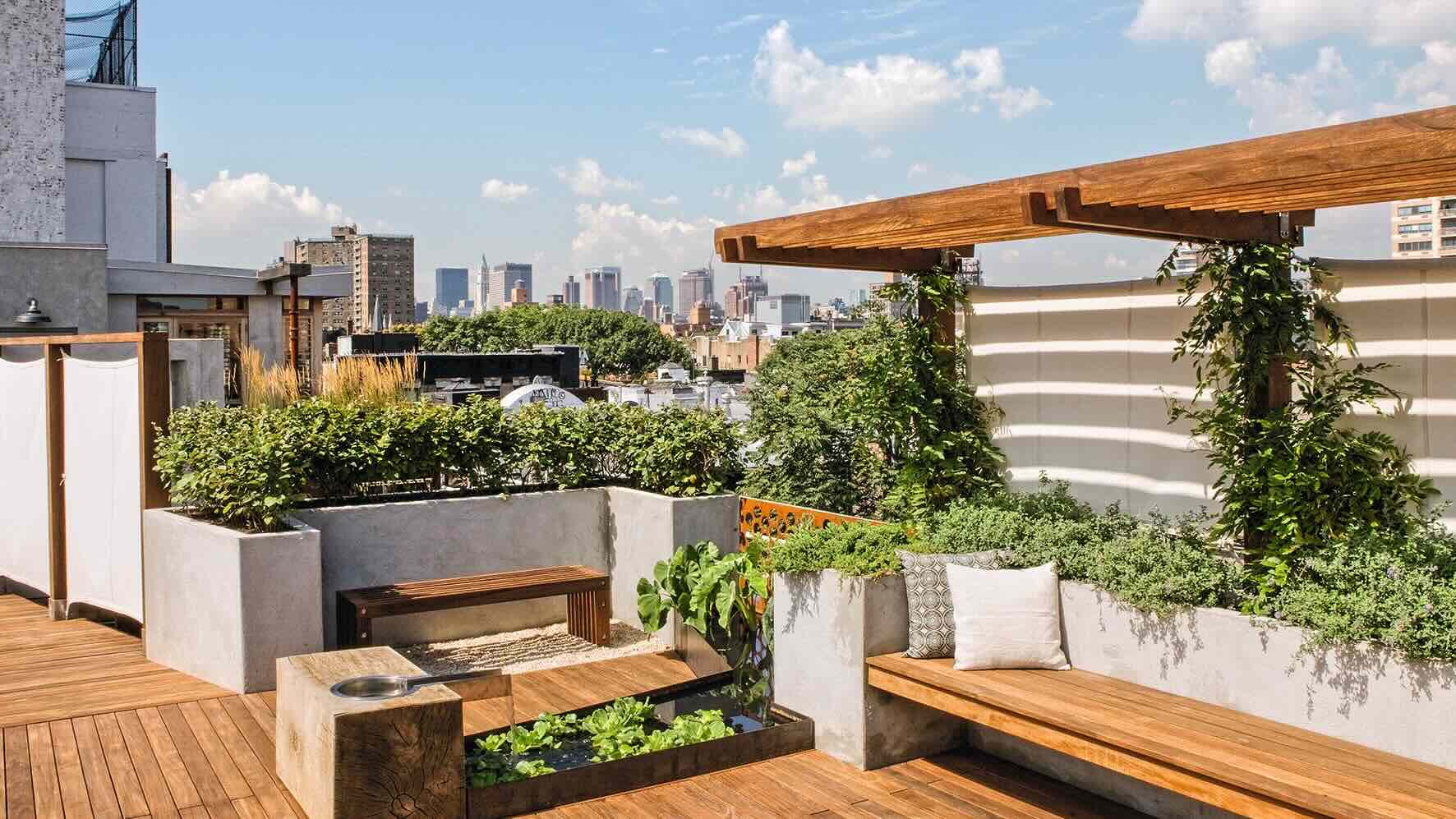


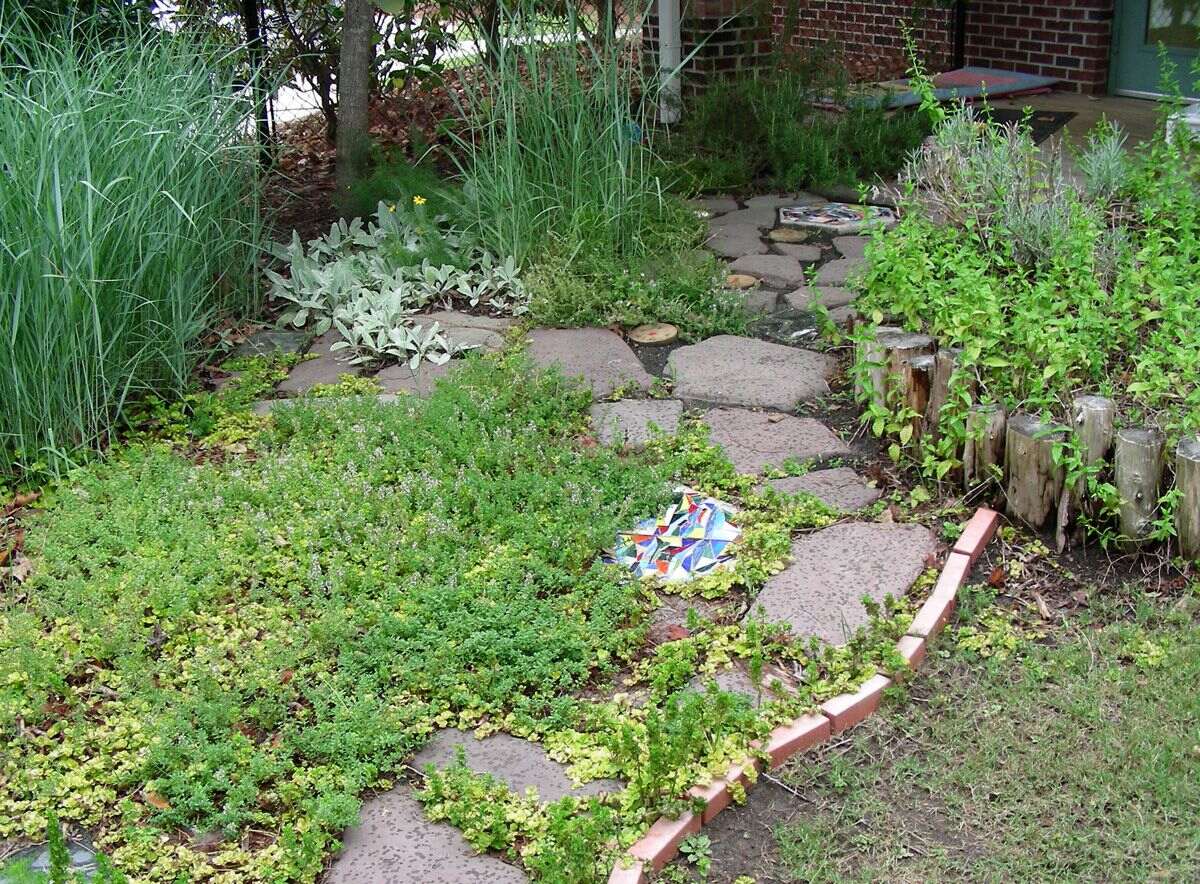

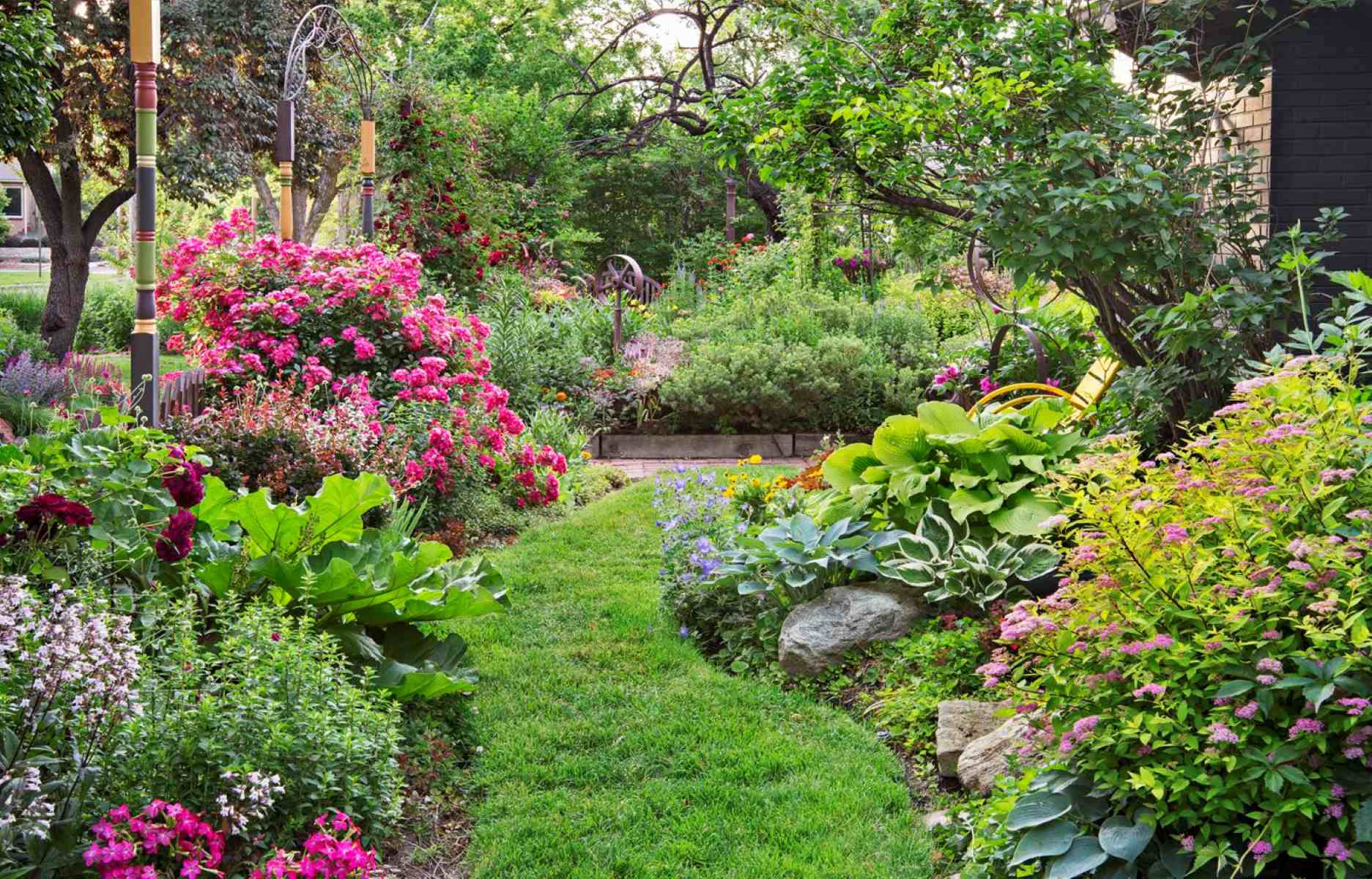
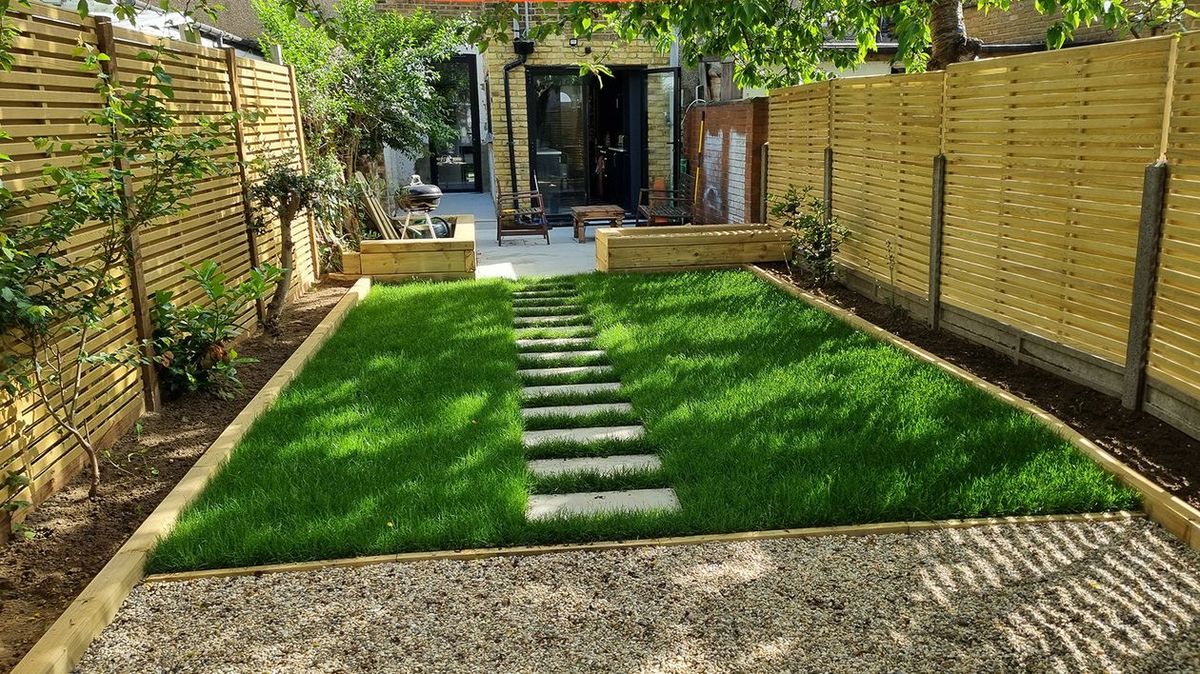
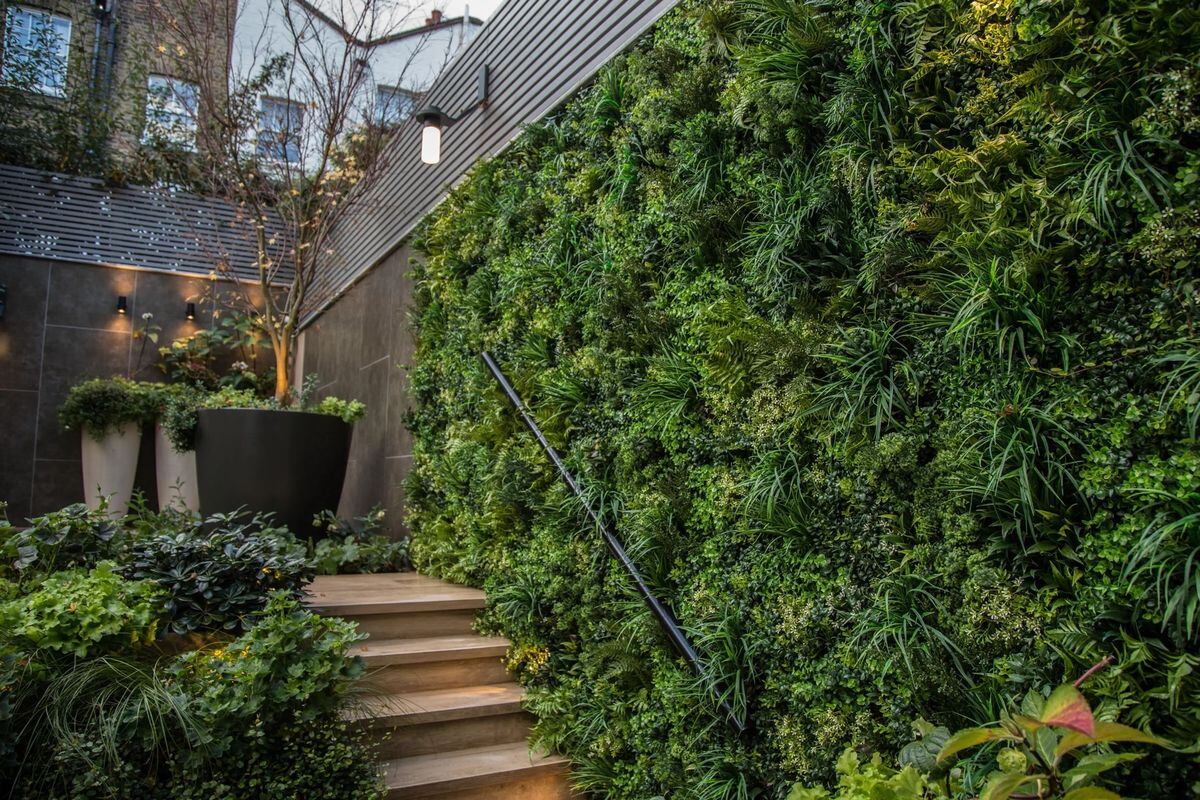

0 thoughts on “Rooftop Garden Design Tips for Urban Gardening Solutions”